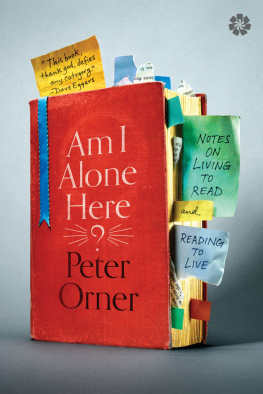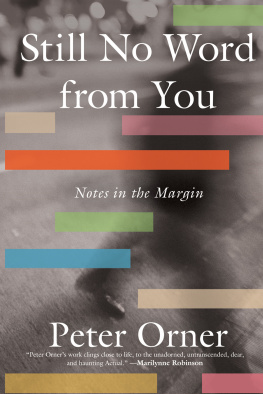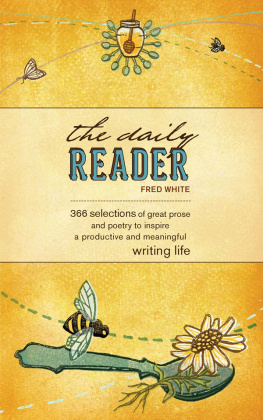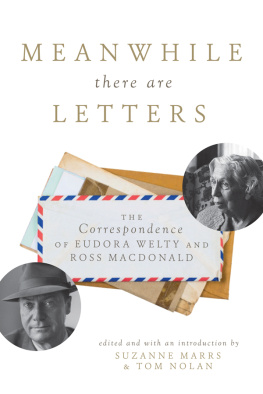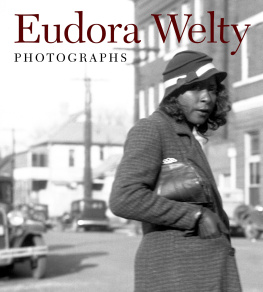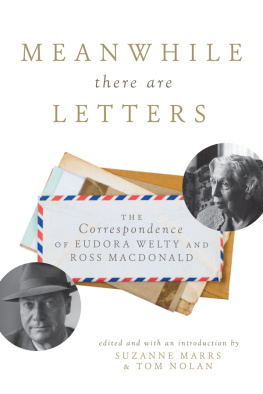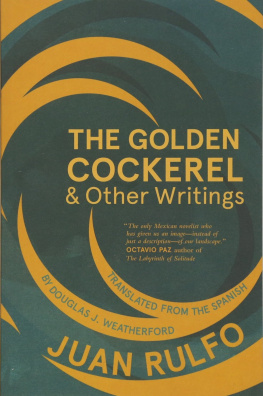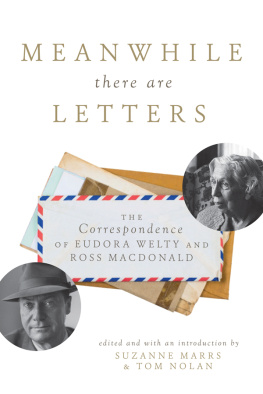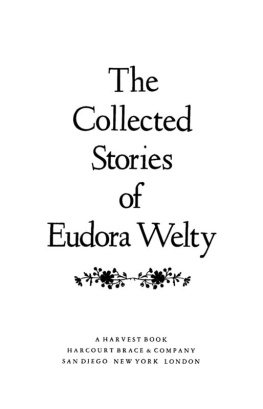Am I Alone Here?
Also by Peter Orner
Last Car Over the Sagamore Bridge
Love and Shame and Love
The Second Coming of Mavala Shikongo
Esther Stories
As Editor
Underground America
Hope Deferred: Narratives of Zimbabwean Lives

Grateful acknowledgment is made to the editors of the following publications, where these essays first appeared in different form: The New York Times , The Atlantic , McSweeneys , Best of McSweeneys , Buzzfeed , Guernica , Salon , The Millions , ZYZZYVA , Eleven Eleven , No Tokens , The Rumpus (as The Lonely Voice), and Die Literarische Welt (Berlin).
Published by Catapult
catapult.co
Copyright 2016 by Peter Orner
Illustrations 2016 by Eric Orner
All rights reserved
eISBN: 9781936787265
Catapult titles are distributed to the trade by
Publishers Group West, a division of the Perseus Book Group
Phone: 800-788-3123
Library of Congress Control Number: 2015955986
Printed in the United States of America
9 8 7 6 5 4 3 2 1
For Katie and Phoebe
and
In memory of my father
My education has been so unwitting I cant quite tell which of my thoughts come from me and which from my books, but thats how Ive stayed attuned to myself and the world around me for the past thirty-five years. Because when I read, I dont really read; I pop a beautiful sentence in my mouth and suck it like a fruit drop, or I sip it like a liqueur until the thought dissolves in me like alcohol, infusing brain and heart and coursing on through the veins to the root of each blood vessel.
Bohumil Hrabal,
Too Loud a Solitude
Contents
Am I Alone Here?

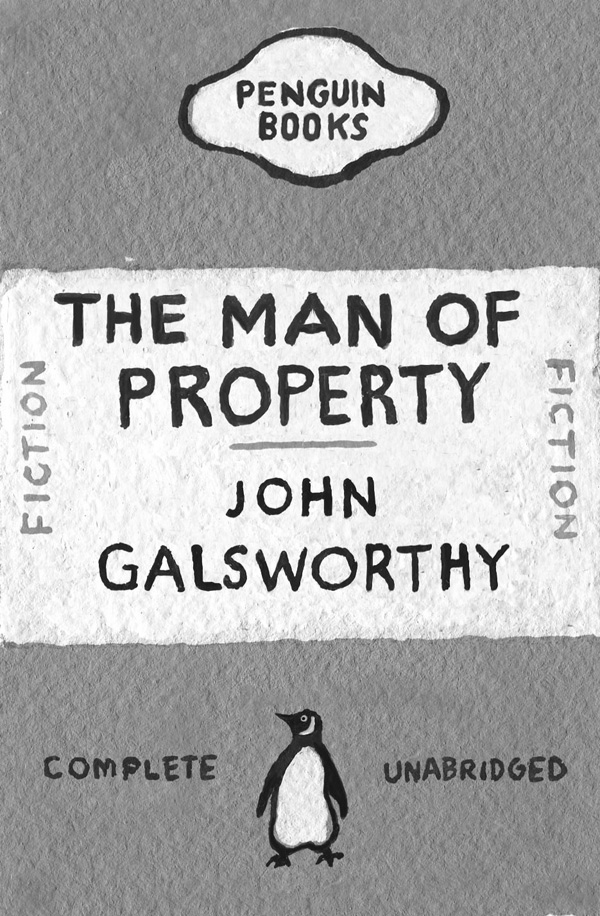
Notes for an Introduction
Alone in the garage with all these books. Theres no room on the shelves anymore. Now they live in piles. Technically, Im a part-time resident of the apartment upstairs, but I spend many hours down here in what I call, without enough irony, my office. Our ex-neighbors used to film amateur porn in this space. When they moved away, they left behind powerful overhead lights (if I leave them on overnight, the place will burn down), and I sit here, awash in brightness, gazing at these stacks of books that will squash me when the big one comes, and I think: Earthquake or no earthquake, Ill be dead before I read a quarter of the books down here. I know this for certain and I wonder if repeating it out loud will make me believe it. Ill be dead before I read even a quarter of the books down here . That leaves at least three-quarters of these books unread. But to measure a life in unread books seems about right to me. All the experiences we will never have, places we will never go, people we will never meet. Even so, just to hedge my bets, Ive asked my family to bury me with a decent library.
Down here, in addition to books, unused film supplies, boxes of condoms, unopened jars of coconut oil (intriguing), and velvet pillows, there are also snow tires for a car that no longer exists. Theres a cracked bike helmet. Whose? Why hold on to a cracked helmet? And yet I dont toss it. I dont toss anything. I consider any and all objects fodder for some as yet untold story. Basically, Im a hoarder with a highbrow rationale. This crap is for my art. There are suitcases (always good for a story), squash racquets, shovels, a single Rollerblade (size 13), a stained mattress, a cradle, and eight or nine cans of yellow paint. Id once planned to repaint the kitchen. Theres a large iron bell too heavy to move. Also, a saddle. Why a saddle? How long has this saddle been down here? Through how many decades of tenants? An English saddle , I can hear my father say. See? Theres an elegance to a saddle like this. Its got no horn, see? Horns are for slobs. Here and there the gnawing mice peep out of their little holes in the walls. Theyre not afraid anymore. The cat that used to sleep on the couch died a month ago. I found her lying in her spot. She would always flee when I yanked up the garage door, leaving her indentation in the cushion for me to smooth my hand over. Thats how I knew. When she didnt move when I opened the door. Shed been so thin for so long. I buried herI never knew her namein a patch of dirt behind our building. Now the mice come out and say hello. I say hello back. I say, Hey, Im reading a great book by So-and-so . They shrug and retreat to their wood chips and rusty dust.
Ive always been suspicious of introductions, prefaces, prologues, forewords, etc., as so often they seem a last-ditch effort to influence the way a book is read. Heres why the following book is worthy of your attention. The writer in question, in particular, is the last person in position to judge. Its like being your own lawyer. It only makes you look guiltier. And since I usually skip these myself, I wouldnt blame you for doing so, too, since I am now about to attempt what Ive condemned others for trying to pull. Am I any less a hypocrite for confessing? But heres an attempt at self-explanation: In the year or so after my father died, I found, for the first time in as long as I could remember, I couldnt write fiction. My father and I were never especially close, and not nearly as close as hed wanted us to be. For years he used to call me. Three, four, five times a day, hed call and hed call. Id never pick up. But somehow this not being close, at least as far as I was concerned, was a form of being close. It helped define my precarious existence. There was always this gap between us. Within the gap: a kind of love. Now theres no gap, nothing. It never occurred to me that there wouldnt be a time when he wouldnt be puttering around the house I grew up in, winding the grandfather clock in the front hall or flossing his teeth in his blue bathroom. His sudden nonexistence left me with a blank I had no idea how to fill. Since it is my job to obliterate blankness with words, I felt adrift. My inability to do my day joband fiction writing is my day-in, day-out job no matter how little it so often paysmay have had to do with the fact that in many ways my father had always been a fictional character in my life. Without him I lost my weirdest creation. My fathers funeral in Skokie, Illinois, wasnt fictional. And I didnt invent the rabbi whod never met the man he was eulogizing. It was early April and snowing. Light flecks of snow melted on my face like false tears. We dropped an urn filled with soot into a small, square hole and walked back to our cars.
Grief weighs heavy, regret even more, and I found that without a certain lightness I couldnt imagine my way into other peoples lives. It was during those befuddled months that something occurred to me. Dont laugh. All these years of reading and trying to write, hours beyond hours of reading and trying to write, and one afternoon in a garage it hits me: the whole time Ive actually been alive. How long did I think this dress rehearsal was going to last?
Somewhere along the line, these notes began to morph into something different from what Id originally intended. I began them in 2008, at another time of great confusion, in the aftermath of a marriage, but they were never intended to be personal. They were only morning notes to myself. Think of this as a book of unlearned meditations that stumbles into memoir. After a while, this began (to appear) to have a certain logic. Only through reading has the rest of the world, including my own small place in it, begun to make any sense whatsoever. Stories say what I cant. A few years ago I came across the word ekphrasis. It took me a couple of dictionaries to track down what it means, which is essentially art that attempts to describe other art. At first the word seemed pretentious, and Im still unsure how to pronounce it, but Ive come to see that maybe this is what Ive been trying to do here, make some (poorer) art of other (greater) art as a means of explaining a few things to myself. Stories, both my own and those Ive taken to heart, make up whoever it is that Ive become. Im a Jewish kid from Chicago, but without Anton Chekhov, without Isaac Babel, without Eudora Welty, without Juan Rulfo, without John Edgar Wideman, without Gina Berriault, without Malamud, Gallant, and Dubus (the list goes on and on and on), Im not sure Id have any clue at all who I am. Yet even with them, some days, who the hell knows? There you have it. Weve come full circle. Im as confused as I was when I started. See what I mean about introductions?

